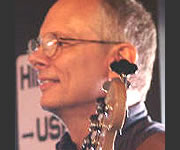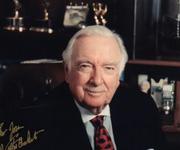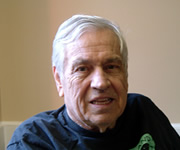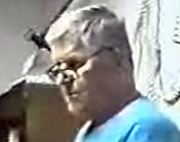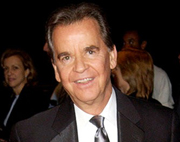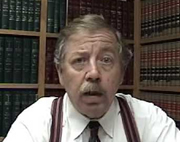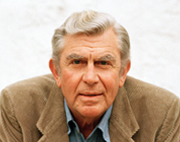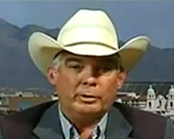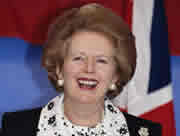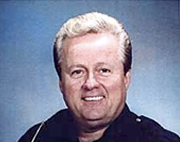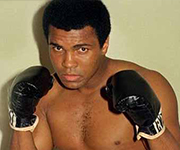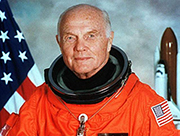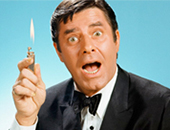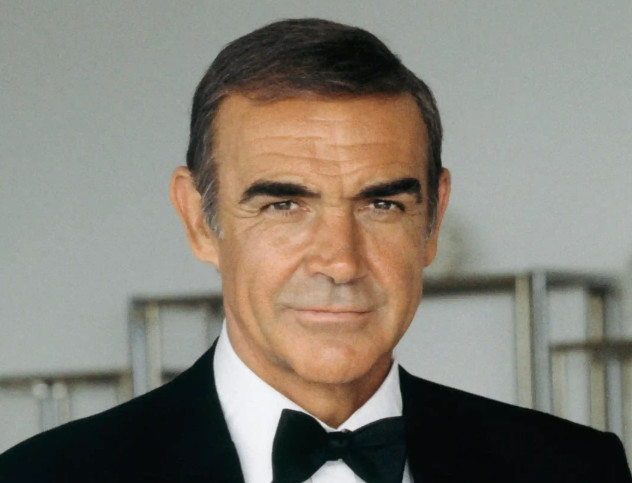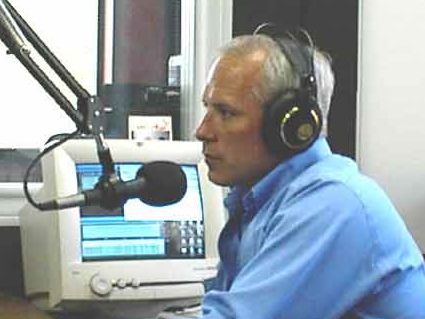The purpose of war according to George Orwell (1984)!
April 17, 2024 - The primary aim of modern warfare is to use up the products of the machine without raising the general standard of living.
Ever since the end of the nineteenth century, the problem of what to do with the surplus of consumption goods has been latent in industrial society. From the moment when the machine first made its appearance it was clear to all thinking people that the need for human drudgery, and therefore to a great extent for human inequality, had disappeared. If the machine was used deliberately for that end, hunger, overwork, dirt, illiteracy, and disease could be eliminated within a few generations. In fact, without being used for any such purpose, but by a sort of automatic process - by producing wealth which it was sometimes impossible not to distribute - the machine did raise the living standards of the average human being very greatly over a period of about fifty years at the end of the nineteenth and the beginning of the twentieth centuries.
But it was also clear that an all-round increase in wealth threatened the destruction - indeed, in some sense was the destruction - of a hierarchical society. In a world in which everyone worked short hours, had enough to eat, lived in a house with a bathroom and a refrigerator, and possessed a motor car or even an airplane, the most obvious and perhaps the most important form of inequality would already have disappeared. If it once became general, wealth would confer no distinction. It was possible, no doubt, to imagine a society in which wealth, in the sense of personal possessions and luxuries, should be evenly distributed, while power remained in the hands of a small, privileged caste.
But in practice such a society could not remain stable for long.
For if leisure and security were enjoyed by all alike, the great mass of human beings who are normally stupefied by poverty would become literate and would learn to think for themselves; and when once they had done this, they would sooner or later realize that the privileged minority had no function, and they would sweep it away.
In the long run, a hierarchical society was only possible on a basis of poverty and ignorance.
To return to the agricultural past, as some thinkers about the beginning of the twentieth century dreamed of doing, was not a practicable solution. It conflicted with the tendency towards mechanization which had become quasi-instinctive throughout almost the whole world, and moreover, any country which remained industrially backward was helpless in a military sense and was bound to be dominated, directly or indirectly, by its more advanced rivals.
Nor was it a satisfactory solution to keep the masses in poverty by restricting the output of goods. This happened to a great extent during the final phase of capitalism, roughly between 1920 and 1940.
The economy of many countries was allowed to stagnate, land went out of cultivation, capital equipment was not added, great blocks of the population were prevented from working and kept half alive by State charity. But this, too, entailed military weakness, and since the privations it inflicted were obviously unnecessary, it made opposition inevitable.
The problem was how to keep the wheels of industry turning without increasing the real wealth of the world. Goods must be produced, but they must not be distributed, and in practice the only way of achieving this was by continuous warfare.
The essential act of war is destruction, not necessarily of human lives, but of the products of human labor.
War is a way of shattering to pieces, or pouring into the stratosphere, or sinking in the depths of the sea, materials which might otherwise be used to make the masses too comfortable, and hence, in the long run, too intelligent.
Even when weapons of war are not actually destroyed, their manufacture is still a convenient way of expending labor power without producing anything that can be consumed. A Floating Fortress, for example, has locked up in it the labor that would build several hundred cargo-ships. Ultimately it is scrapped as obsolete, never having brought any material benefit to anybody, and with further enormous labors another Floating Fortress is built.
In principle the war effort is always so planned as to eat up any surplus that might exist after meeting the bare needs of the population. In practice the needs of the population are always underestimated, with the result that there is a chronic shortage of half the necessities of life; but this is looked on as an advantage.
It is deliberate policy to keep even the favored groups somewhere near the brink of hardship, because a general state of scarcity increases the importance of small privileges and thus magnifies the distinction between one group and another.
By the standards of the early twentieth century, even a member of the Inner Party lives an austere, laborious kind of life. Nevertheless, the few luxuries that he does enjoy - his large, well-appointed flat, the better texture of his clothes, the better quality of his food and drink and tobacco, his two or three servants, his private motor-car or helicopter - set him in a different world from a member of the Outer Party, and the members of the Outer Party have a similar advantage in comparison with the submerged masses whom we call “the proles”. The social atmosphere is that of a besieged city, where the possession of a lump of horseflesh makes the difference between wealth and poverty.
At the same time the consciousness of being at war, and therefore in danger, makes the handing-over of all power to a small caste seem the natural, unavoidable condition of survival.
War is waged by each ruling group against its own subjects, and the object of the war is not to make or prevent conquests of territory, but to keep the structure of society intact.
The very word “war”, therefore, has become misleading. It would probably be accurate to say that by becoming continuous war has ceased to exist.
War is Peace.
In short - the purpose of war is to keep the ruling class in power while the lower classes remain powerless.









